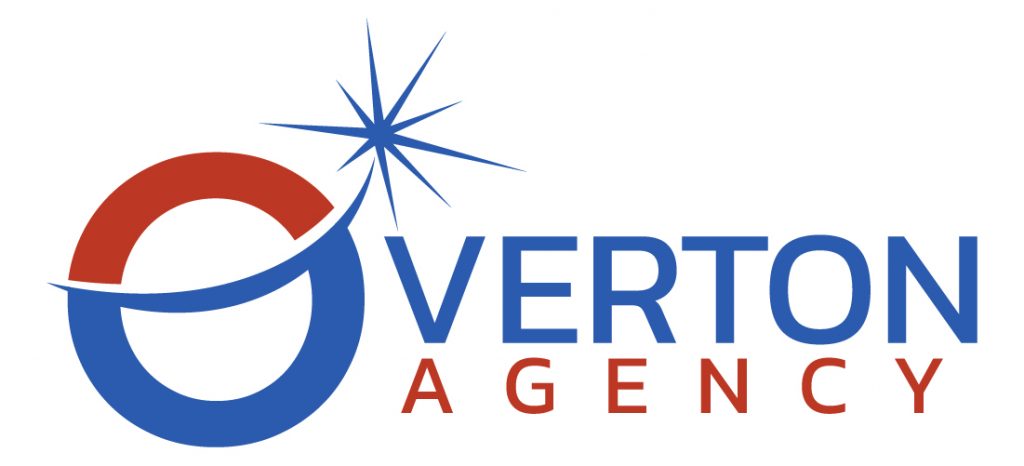Understanding the Health Insurance Plan Basics
When it comes to health insurance basics, it’s crucial to understand what a health insurance plan entails. A health plan is a contract between you and an insurance provider that covers a portion of your medical expenses. You typically pay a monthly premium to maintain this coverage.
There are different types of plans to consider:
- HMO (Health Maintenance Organization): Requires you to choose a primary care physician and get a referral to see a specialist.
- PPO (Preferred Provider Organization): Offers more flexibility in choosing doctors and hospitals and doesn’t require referrals.
- EPO (Exclusive Provider Organization): Provides a network of providers but no out-of-network coverage, except in emergencies.
How to Choose the Right Plan for You
Choosing a health insurance plan can feel overwhelming, but understanding your needs can simplify the process. Here are some factors to consider:
- Monthly Premium: The amount you pay each month for your insurance policy. Higher premiums usually mean lower out-of-pocket costs.
- Deductible: The amount you pay out-of-pocket before your insurance provider starts to pay.
- Network: Consider whether your preferred doctors and hospitals are in the plan’s network.
- Health Care Services: Ensure that the plan covers essential health benefits that you need.
Why You Need Insurance
Having a health insurance plan is essential for managing medical expenses and ensuring access to necessary health care services. It helps protect you from high costs and provides peace of mind.
Without insurance, you may be responsible for the full cost of your care, which can be financially devastating. If you need insurance, now is the time to explore your options.
Factors to Consider When Choosing a Health Insurance Plan
When selecting a health insurance plan, consider the following factors:
- Type of Health Plan: Decide whether an HMO, PPO, or EPO best suits your needs.
- Out-of-Network Coverage: Understand what costs you might incur if you seek care outside your plan’s network.
- Health Savings: Some plans offer the option to contribute to a health savings account, which can help manage out-of-pocket costs.
- Referral Requirements: Know if you need a referral to see a specialist.
Understanding Premiums, Deductibles, and Out-of-Pocket Costs
When you’re comparing private health insurance plans, it’s important to understand the costs involved:
- Premium: The regular payment you make to keep your insurance active.
- Deductible: The amount you pay before your insurance begins to cover costs.
- Out-of-Pocket Costs: Includes deductibles, copayments, and coinsurance. These are the expenses you pay on top of your premium.
Choosing a Health Insurance Plan During Open Enrollment
The open enrollment period is the time when you can sign up for a new health insurance plan or make changes to your existing one. It’s crucial to choose the right plan during this period to ensure your health needs are met for the year.
If you still have questions, please call one of our knowledgeable agents at Overton Agency at 501-881-2050. We are here to help you every step of the way.
We’re Here to Help
For more information and to find answers to your questions, don’t hesitate to reach out. We’re dedicated to helping you select a health insurance plan that fits you and your family’s needs.
If you’re unsure about your options or need personalized advice, call Overton Agency today at 501-881-2050. Our team in Conway, Arkansas is ready to assist you in making the best choice for your health and financial future.
